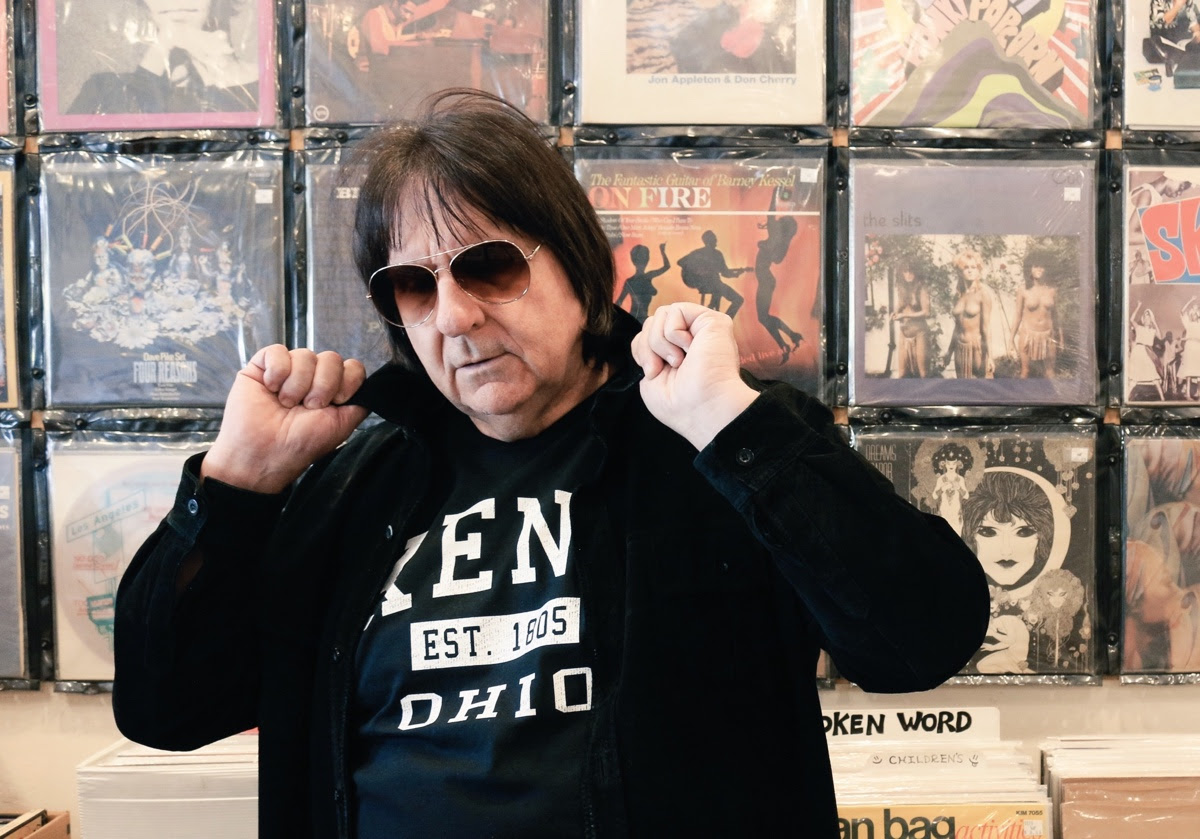| ||||||||||||||
|
Trending Now
- Tedeschi Trucks Band Announces Third Annual “Sun, Sand and Soul” Beach Weekend April 23-25, 2026
- GULP's pastel wash of wonder, WILDFLOWER, is OUT NOW
- LASTELLE release ‘The Silence Hurts The Most II’ - From the new EP ‘Exist - vol ii’ - out 12th Sept
- Beyond Creation Announce The Aura 15th Anniversary Tour
- PUSCIFER - RELEASE IN CASE YOU WERE NAPPING - RETROSPECTIVE COLLECTION
- Chevelle - "Bright As Blasphemy" - Out On 15th August 2025
- INGESTED Welcomes Distant And Crucifiction To Their North American Fall Headlining Tour
- CAN’T GET ENOUGH: A TRIBUTE TO BAD COMPANY - First Ever Tribute Album to Bad Company
- SLEAZY MONEY UNLEASH RIOTOUS NEW SINGLE & VIDEO “IT AIN’T EZ”
- TAYLOR ACORN - ANNOUNCES VERY SPECIAL HEADLINE LONDON SHOW





